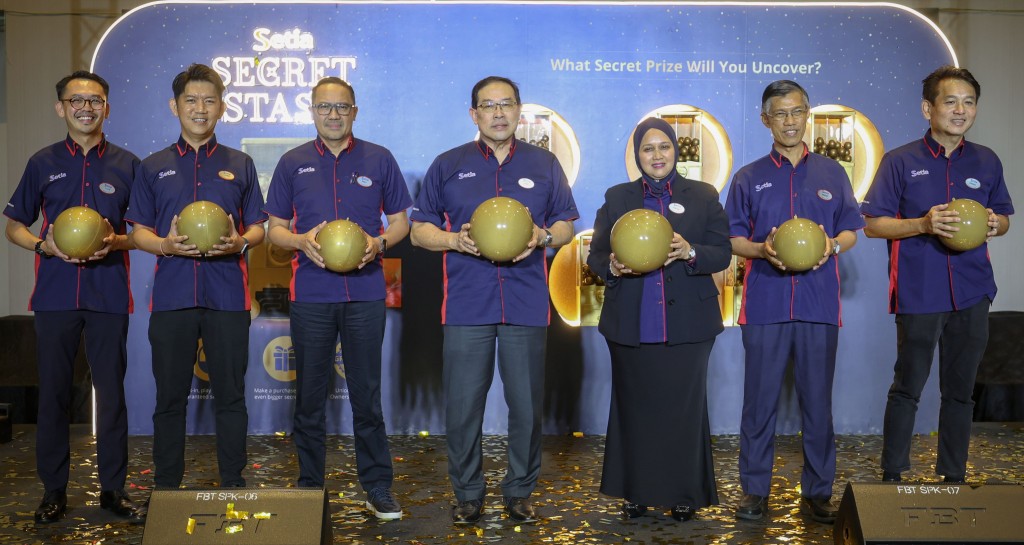Contributed by Jal Othman, Hoh Kiat Ching and Amanda Tey
As with the introduction of any novel concept, the Private Lease Scheme (PLS) has been met with mixed reactions, mainly due to misconceptions. While there has been much negativity channelled towards PLS, there are also several benefits that could serve to boost the property sector.
The National Land Code (NLC) explicitly provides that a proprietor (the registered owner of freehold title) has the power to grant a lease of the whole of his land for a term not exceeding 99 years. Hence, they are well within their rights to lease out their land to developers. The leases granted are registered under the NLC and enjoy its protection.
The NLC prescribes that "any lease of alienated land" in Peninsular Malaysia is permitted to be transferred. The interest of the lessee (the developer) will be passed to and vested in the transferee (the end-purchaser) upon registration of such transfer of the lease. This means that the transfer of lease by developers to end-purchasers is also permitted.
This also means that PLS does have legal standing in Peninsular Malaysia.
Rights of end-purchasers
Leases purchased under PLS and registered under the NLC enjoy its protection, giving the registered end-purchasers rights and benefits similar to those available to state leasehold owners – holders of state leasehold titles.
A state leasehold title is effectively a lease of state land by the state, for a specified term, not exceeding 99 years. At the end of the tenure, the land reverts to, and all buildings on the land vest in the state.
Similarly, end-purchasers under a PLS attain indefeasible title upon registration of their leases, protecting their rights against any adverse claim. There are certain exceptions to indefeasibility of title, which apply equally to state leasehold titles.
The NLC also provides that registered leases may be charged as security for the repayment of any debt, and that the duplicate lease may be deposited by the registered lessee with any other person as security, and that other person can then lodge a lien-holder's caveat, to protect his security interest.
As such, the end-purchaser under a PLS can use his registered lease as security to raise funding, much as the state leasehold owner can.
Pending registration of the end-purchaser's lease, they may also lodge a private caveat to protect their interest in the lease.
The rights and benefits afforded to state leasehold owners are similarly afforded under a PLS.
A generational curse?
Much has been said about the depreciating value of properties under a PLS. This is the same problem faced by state leasehold owners. In fact, after the first 30 years, lands owned pursuant to a state leasehold title start to depreciate – simply a reality faced by lessees.
The difference is, with a state leasehold title, renewal of the lease is not guaranteed. Under a PLS, this can be incorporated in the terms of the lease, providing more certainty to the end-purchasers and their future generations.
The critics may argue, there is no guarantee that the developer would include such a right under the PLS. This is true, but a savvy developer would, since this would be a factor taken into account by end-purchasers.
Use of trustees
A careful reading of the NLC reveals that no lease may be transferred to two or more persons or bodies unless they are trustees or representatives.
If there are more than one end-purchaser of the lease, they can agree amongst themselves as to who shall hold the lease as trustees.
A married couple purchasing property held under a state leasehold title, may register the title in both names, holding an undivided half share each.
This can be duplicated under a PLS. They may enter into a trust deed, declaring that they are trustees, holding the registered lease as trustees for the benefit of each other in equal shares.
The lease under the PLS would then be registered in their names as trustees. The NLC provides safeguards for the beneficiaries of such a trust by permitting the trust deed to be deposited with the land office for safe custody and reference.
Hence, the beneficiaries can be assured of their right and freedom to deal with their interest over the lease.
The argument that PLS causes confusion in the property market can be resolved by explaining to the public what a PLS is.
Proper understanding of the mechanism of the PLS, its protection under the law, similarities with ownership under state leasehold title and its advantages and disadvantages will enable end-purchasers to decide whether their preference is the PLS or traditional property ownership. If there is no demand for it, the PLS will die a natural death.
The second part Private Lease Scheme: Boon or Bane? will provide further insights into this scheme.
From left are senior partner Jal Othman, associate Amanda Tey and partner Hoh Kiat Ching of Shook Lin & Bok, one of the largest law firms in Malaysia.
Disclaimer
This article is intended to convey general information only. It does not constitute advice for specific needs. This article cannot disclose all of the risks and other factors necessary to evaluate a particular situation. Any interested party should study each situation carefully. You should seek and obtain independent professional advice for your specific needs and situation.
Stay ahead of the crowd and enjoy fresh insights on real estate, property development, and lifestyle trends when you subscribe to our newsletter and follow us on social media.

















































